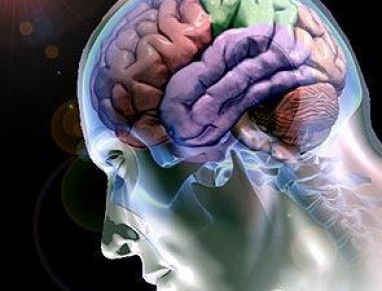Posts Tagged ‘cognitive-psychology’
Research series: How, when and why does targeted cognitive training work to promote behavioral and emotional health?
. Exploring Targeted Cognitive Training for Clinical Disorders (Association for Psychological Science): “Research on the treatment of mental disorders often centers on understanding which treatments work. But knowing that a treatment is effective doesn’t necessarily tell us why the treatment works. A better understanding of the precise mechanisms that
Read MoreNews: The SharpBrains Guide, Bestseller in Amazon Kindle Store
We just noticed that The SharpBrains Guide to Brain Fitness: 18 Interviews with Scientists, Practical Advice, and Product Reviews, to Keep Your Brain Sharp has become #1 book in Amazon Kindle store’s Preventive Medicine section, #1 in Neuropsychology section, and #2 in Cognitive Psychology section. To learn more and order book in several stores (Amazon, Barnes…
Read MoreAverage is Beautiful: A test of Attractiveness
Think we all have different tastes where beauty is concerned? Well, cognitive psychology shows us that an average face (made from several other faces) is almost always judged as more attractive than its constituent faces… Why? It may be for the simple reason that an average face is closer to the mental idea we have…
Read MoreReferences on Cognitive Health/ Brain Fitness
This is a partial list of the literature we reviewed during the research phase of our new book, The SharpBrains Guide to Brain Fitness. We know many friends of SharpBrains are researchers, healthcare professionals, graduate/ Ph.D. students, who want have direct access to the references (perhaps PubMed should promote itself as a never ending source…
Read MoreBrain Teaser to Stimulate your Concentration Skills
Learning can be incidental. We all memorize facts without paying much attention to these facts or without willing to memorize them. However, when one really wants to memorize a fact, it is crucial to pay attention. Many studies have shown that compared to full attention conditions, dividing attention during study time leads to poor memory…
Read MoreNintendo Brain Age/ Training vs. Crossword Puzzles
Nintendo brain-trainer ‘no better than pencil and paper’ (The Times): “The survey of ten-year-old children found no evidence to support claims in Nintendo’s advertising campaign, featuring Nicole Kidman, that users can test and rejuvenate their grey cells. The Nintendo DS is a technological jewel. As a game it’s fine, said Alain Lieury, professor of cognitive psychology…
Read More

